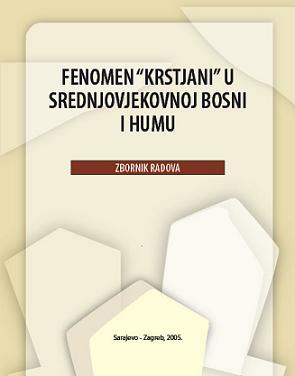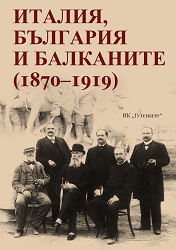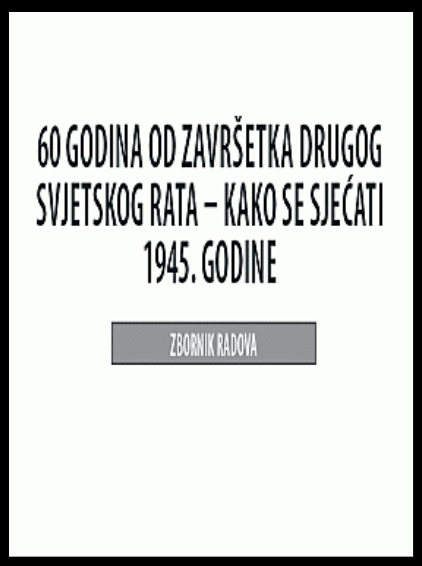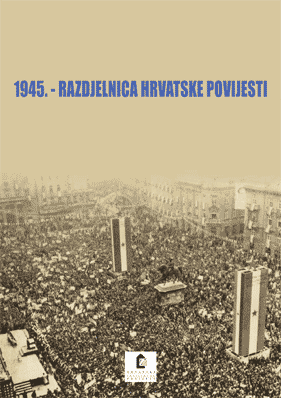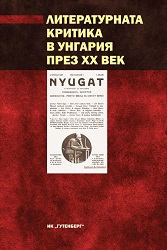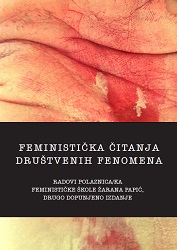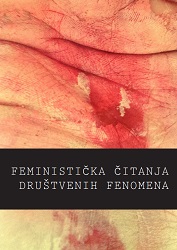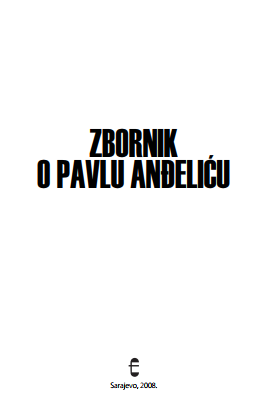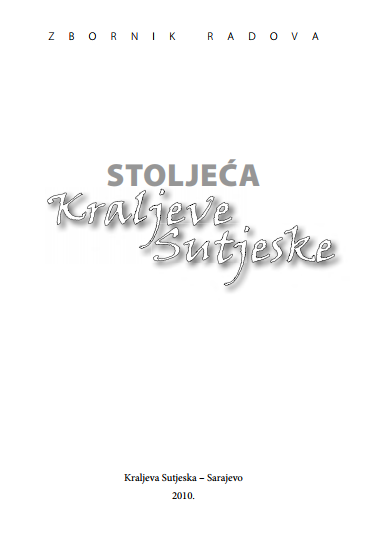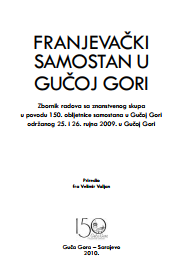Author(s): Jure Krišto / Language(s): Croatian
Publication Year: 0
The communists used the war to introduce a totalitarian system of rule. When the Comunist Party of Yugoslavia (Komunistička partija Jugoslavije – KPJ) became aware that the Partisan units which it was leading and using for its ideological purposes would be victorious, it began to implement a more repressive system of organization. On 13 May 1944, in Drvar, Josip Broz Tito signed a document establishing the Odjeljenja zaštite naroda (OZN – State Security Service), as an intelligence and counter-intelligence service. Aleksandar Ranković, a member of the Central Committee (CK) of the KPJ, was placed at its head. He was directly subordinated to the commander-in-chief and president of the National Committee, Tito, by which the total dependence of the OZN to the communist party was ensured. The power of the OZN was increased the moment the Korpus narodne obrane Jugoslavije (KNOJ - The National Defense Corps of Yugoslavia) was created, a military formation directly subordinated to the commander-in-chief, because it assisted the OZN in the pacification of newly ≪liberated≫ territories. Even during the war the party eliminated its enemies, ideological opponents, and those suspected of disloyalty. The party went about this task more systematically after the war: it settled accounts with members of the formations of the Croatian armed forces (homeguards and ustašas) as well as many civilians who retreated to the west along with the army, who surrendered or were forced to surrender in the border territories between Austria and Slovenia; by means of many commissions for war crimes it killed or imprisoned many ideological opponents; by establishing camps it began a programme of ideological reeducation; and with an all-pervasive propaganda it created a climate of fear and insecurity. Military courts had served the communists during the course of the war as a means to remove political opponents. These were constitued by a ≪Decree concerning military courts≫ passed on 24 May 1944. After the end of the war these courts would cooperate with the activities of the OZN, KNOJ, and the Comission for War Crimes unified by the attempt to eliminate all potential political opponents. On 29 June 1945, the Military Court of the Command of the City of Zagreb sentenced a group 58 persons, among whom there were 14 religious officials. They included three leaders of religious communities: Germogen Maksimov, metropolitan of the Croatian Orthodox Church, Filip Popp, the bishop of the German evangelical church, and Ismet Muftić, the imam and muftija of the Islamic community. Among the lesser religious personnel, five Catholic priests (Kerubin Šegvić, Ivo Guberina, Timka Ivan – Greek-Catholic, Stjepan Kramar and Radoslav Glavaš), one former Catholic priest (Miroslav Filipović-Majstorović), one bishop (Mifka Spiridion) and four priests of the Croatian Orthodox Church (Serafim Kupčevski, Dimitrije Mrihin and Joco Cvijanović) as well as one deacon (Aleksej Borisov). To this it must be added that two nuns were sentenced to death, while one was sentenced to a term of imprisonment with a number of other Croatian women. By their sentences the author
illustrates the modus operandi and character of communist courts. This was a threat to and a revenge against those who were not prepared to accept communist ideology and the communist party as the only political force in the land.
More...
